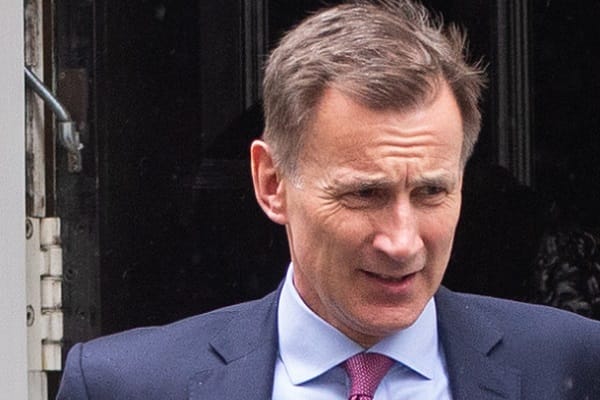The UK public wants the government to prioritise lowered taxes over increased public services spending ahead of spring budget, according to a new snap poll from polling firm Savanta.
54% say they would prefer the government lowered taxes, over 40% who chose increased public spending. Seven in ten (69%) younger people aged 18-34 want the government to prioritise lowering taxes, the highest of any age group.
The nationally represenative poll of 1,034 people took place on Wednesday 28 February, before news leaked of the Chancellor’s potential plans to scap non-dom tax status.
However, more people believe it is unrealistic (50%) than realistic (44%) that the government will be able to cut taxes in the Chancellor’s budget. The public are much more likely to think increased public spending is realistic (54%).
Commenting on the findings, Chris Hopkins, Political Research Director at Savanta said, “Our latest snap poll suggests a stark divide between what the public hope the government will do, versus what they think it is realistic they can do. The public want the government to cut taxes – in particular younger people – over increasing public spending, perhaps unsurprising given the rising cost of living.”
“But, and it’s a big but, the public also seems to believe that cutting taxes isn’t realistic right now, and that increased public services spending is. Based on our findings, the Chancellor is going to have a job on his hands on 6 March to convince a sceptical public of the realism of tax cuts right now.”
More broadly, Savanta’s research suggests the public think the upcoming budget will be predominately aimed at businesses (65%), higher earners (60%) and families (57%). They are much less likely to believe the budget will be aimed at young people under 30 (37%), renters (37%) and lower earners (47%).






Leave a Comment